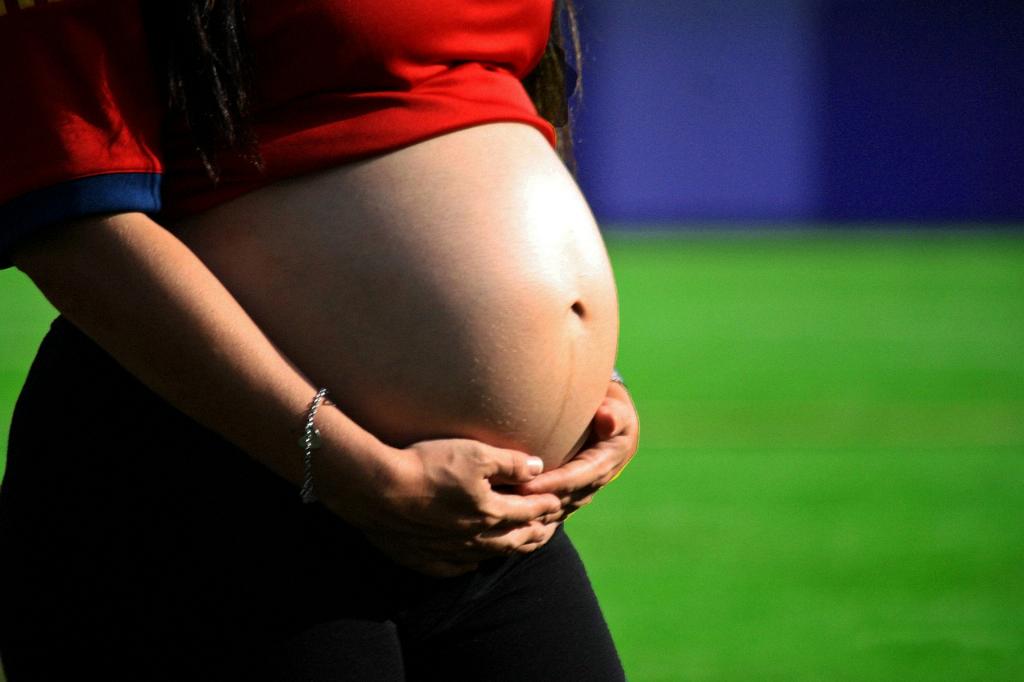When it comes to the question of whether you can take a pregnancy test 10 days after ovulation, it’s important to consider the timing and accuracy of the test results. Pregnancy tests work by detecting the hormone hCG, which is produced by the placenta after the fertilized egg attaches to the uterine lining. However, it takes time for hCG levels to rise to a detectable level.
Time Required for Detectable hCG Levels
Typically, it can take up to two weeks after ovulation for hCG levels to be high enough to be detected by a home pregnancy test. This means that testing too early, such as 10 days after ovulation, may result in a false negative result because the levels of hCG in your urine may not yet be sufficient for the test to pick up.
Potential for Inaccurate Results
Testing 10 days after ovulation may not provide reliable results due to the time it takes for hCG levels to increase. Inaccurate results can be frustrating and may lead to unnecessary anxiety or confusion. It’s recommended to wait until closer to when your period is due for the most accurate results.
Consider Waiting for Menstruation
If you are concerned about being pregnant, waiting to see if your period arrives can often be a more reliable indicator than testing too early. While it can be challenging to be patient, waiting until after a missed period can help ensure more accurate test results.
Factors Affecting Testing Accuracy
Several factors can influence the accuracy of a pregnancy test, including the sensitivity of the test, the timing of ovulation, and individual variations in hCG production. Understanding these factors can help you make an informed decision about when to take a pregnancy test.
Use of Early Pregnancy Tests
Some early pregnancy tests claim to detect hCG in urine before a missed period, but these tests may not always be reliable when taken too soon after ovulation. It’s essential to follow the instructions on the test carefully and consider waiting for a more definitive result.
Consulting a Healthcare Provider
If you have concerns about pregnancy or are experiencing symptoms but are unsure of when to test, consulting a healthcare provider can provide guidance and support. A healthcare professional can offer advice on the best time to take a pregnancy test based on your individual circumstances.
Considerations for Emotional Well-Being
Waiting to take a pregnancy test can be a time of heightened emotions and uncertainty. It’s important to take care of your emotional well-being during this period and seek support from loved ones or a healthcare provider if needed.
Acknowledging the Waiting Game
Waiting for the right time to take a pregnancy test can feel like a waiting game, but it’s crucial to be patient and give your body the time it needs to produce detectable levels of hCG. Rushing the testing process can lead to unnecessary stress and potentially inaccurate results.
Considering Alternative Methods
If you are eager to confirm pregnancy earlier than a standard home pregnancy test allows, discussing alternative testing methods with a healthcare provider, such as blood tests or ultrasound, can provide more accurate and timely results.
Final Thoughts on Timing
In conclusion, while taking a pregnancy test 10 days after ovulation may be tempting, it may not yield accurate results due to the time required for hCG levels to rise. Waiting until closer to your missed period can provide more reliable results and reduce the risk of false negatives. Patience and understanding the factors that influence testing accuracy are key in navigating this important moment.

